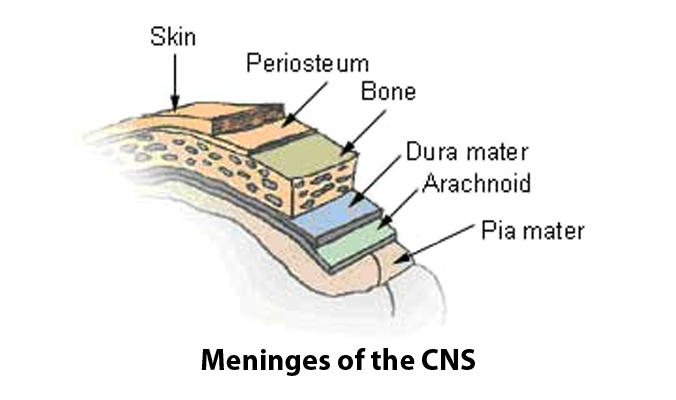
From 30 to 50 percent of adults experience insomnia or sleep disorders at some point, and an estimated 10 percent have chronic insomnia. The sleepless "epidemic" is reflected in the wide range of prescription and non-prescription sleep medicines and TV advertisements for cures.
A lack of sleep can be serious, leading to a lack of concentration, a higher rate of accidents, chronic fatigue and anxiety and mood disorders. Many of those suffering from fibromyalgia and other chronic pain disorders also suffer from lack of sleep or interrupted sleep.
While many things can cause insomnia - especially temporary bouts - one major cause is fibromyalgia and other chronic painful and debilitating conditions. The discomfort caused by the general pain, soft-tissue burning and tingling, and tender pressure points can interrupt or prevent restful sleep.
The Neurologic Relief Centers has developed a new approach to the understanding of the central nervous system that offers hope for a range of debilitating conditions.
The NRC says many such conditions are linked to Meningeal Compression, the encroachment or twisting of the three-membrane protective sheath of the spinal cord and brain, called the meninges. Most often, this is caused by an accident, trauma or stress.
"Any tugging on the meninges can have devastating effects on this critical and sensitive nerve action, which in turn can produce a galaxy of undesirable symptoms," says the NRC. Symptoms may include those diagnosed as fibromyalgia, reflex sympathetic dystrophy (RSD), irritable bowel syndrome, peripheral neuropathy, dystonia, restless leg syndrome, depression, chronic fatigue, anxiety and many more.
The pulling and irritation of these nerve roots cause nerve fibers to fire irregular impulses to the brain, the NRC says. These fired impulses are interpreted as pain, itching, burning, coldness, numbness, or other odd feelings. The body, in response to stimuli from irritation, will often twitch or spasm, sparking restless leg syndrome, muscle tightness, and spasms often experienced by fibromyalgia patients.
The Neurologic Relief Centers has created a treatment procedure to address these issues. A free relief test often brings immediate relief to patients, and indicates whether long-term therapy will be of benefit to them.



